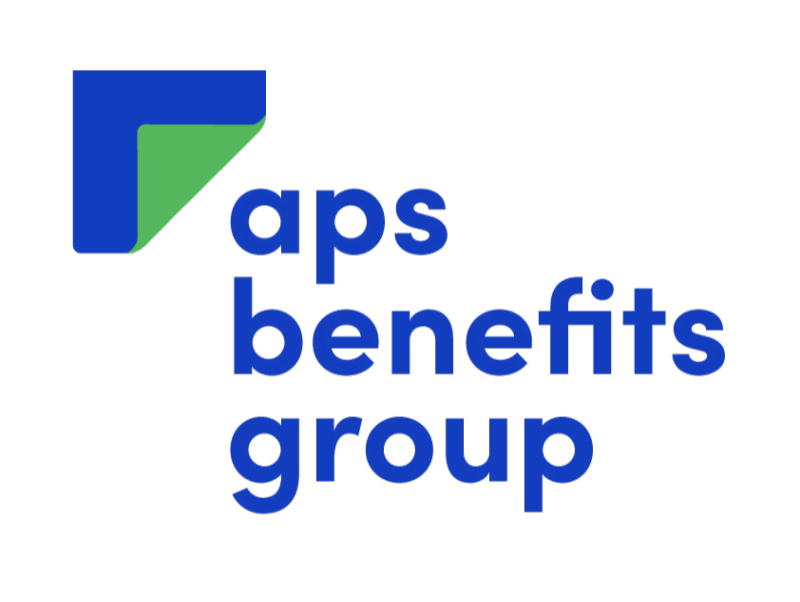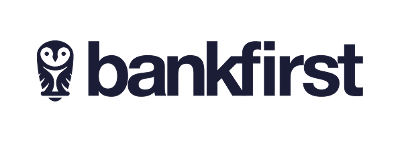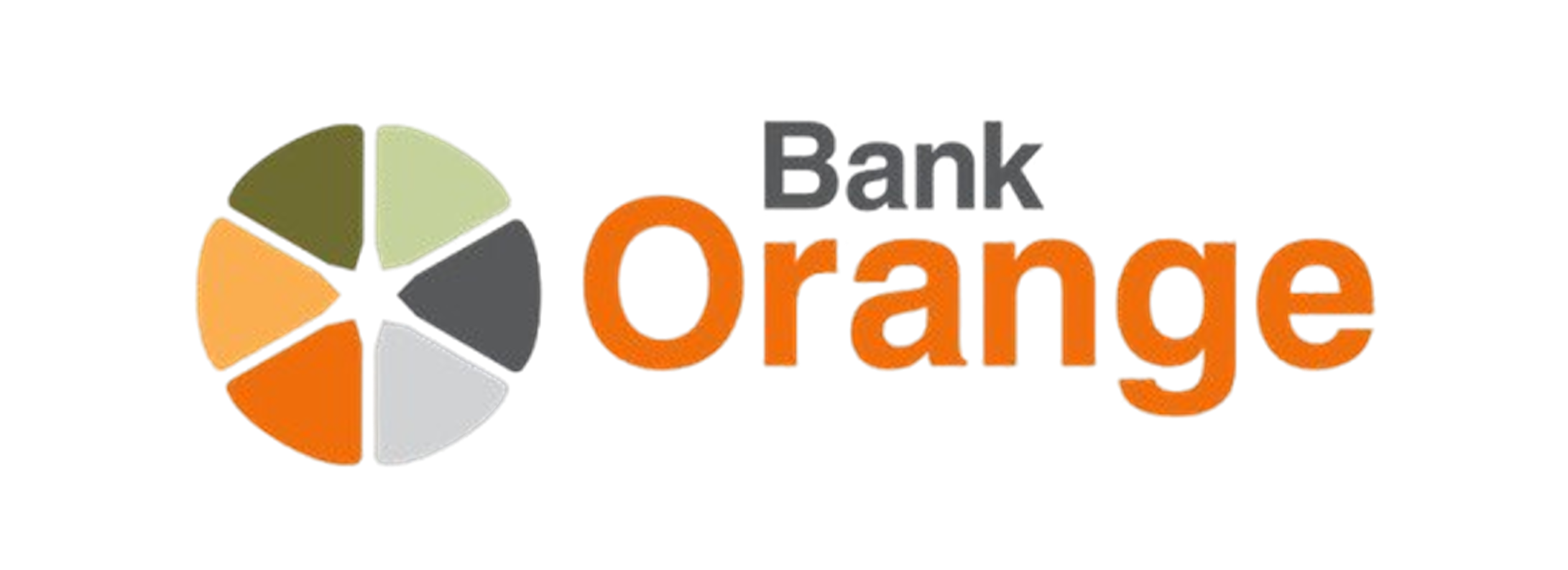Compare Unsecured Personal Loans - Australia
Savrr.com is a trading name of Fair Comparison Pty Ltd. Comparison is powered by Fair Comparison Pty Ltd who don’t compare all providers in the market, or all products of those compared. Fair Comparison does not provide credit assistance or advice and may receive a fee if you click on, apply, or are approved, for a product.
Learn More
- Default
- Comparison Rate
- Advertised Rate
Savrr.com is a trading name of Fair Comparison Pty Ltd. Fair Comparison compares loan products from a range of banks and other financial or credit product providers and does not compare all products in the market or all product features. To filter the results, you will need to enter some basic information which will generate a comparison of products that fall within those parameters. The default ordering of products is based on the Comparison Rate. Fair Comparison do not take into account your objectives, financial situation or needs, or provide advice, assistance, or recommendations.

NOW Finance - Personal Loan
Unsecured | Fixed
Advertised Rate
Loan Term
Monthly Repayment
Total
Establishment Fee
Loan Service Fee
Early Repayment Fee

Pepper Money - Unsecured Personal Loan
Unsecured | Fixed
Advertised Rate
Loan Term
Monthly Repayment
Total
Establishment Fee
Loan Service Fee
Early Repayment Fee

Harmoney - Personal loan
Unsecured | Fixed
Advertised Rate
Loan Term
Monthly Repayment
Total
Establishment Fee
Loan Service Fee
Early Repayment Fee

Harmoney - Debt Consolidation
Unsecured | Fixed
Advertised Rate
Loan Term
Monthly Repayment
Total
Establishment Fee
Loan Service Fee
Early Repayment Fee

Liberty - Unsecured Personal Loan
Unsecured | Fixed
Advertised Rate
Loan Term
Monthly Repayment
Total
Establishment Fee
Loan Service Fee
Early Repayment Fee

MoneyMe - Personal Loan
Unsecured | Variable
Advertised Rate
Loan Term
Monthly Repayment
Total
Establishment Fee
Loan Service Fee
Early Repayment Fee

OurMoneyMarket - Personal Loan - $5,000-$75,000
Unsecured | Fixed
Advertised Rate
Loan Term
Monthly Repayment
Total
Establishment Fee
Loan Service Fee
Early Repayment Fee

OurMoneyMarket - Debt Consolidation - $5,000-$75,000
Unsecured | Fixed
Advertised Rate
Loan Term
Monthly Repayment
Total
Establishment Fee
Loan Service Fee
Early Repayment Fee

OurMoneyMarket - Home Renovation Loan - $5,000-$100,000
Unsecured | Fixed
Advertised Rate
Loan Term
Monthly Repayment
Total
Establishment Fee
Loan Service Fee
Early Repayment Fee

Handy Finance - Green Loan
Unsecured | Fixed
Advertised Rate
Loan Term
Monthly Repayment
Total
Establishment Fee
Loan Service Fee
Early Repayment Fee
Unsecured Personal Loan Guide
Unsecured personal loans can be a good option if you don’t have any assets to give up as security if you can’t repay your loan. But how are you meant to pick one that’s suitable?
Choosing a loan shouldn’t be so hard. That’s why we put together this guide — so you have info and tools to help you compare a range of unsecured personal loans and select one that works for you.
What is an unsecured personal loan?
An unsecured loan is a financial credit product that provides you with credit to spend on any of a wide range of products and services — just like any other kind of personal loan. The unique feature of this kind of loan is that you don’t have to offer up an asset as security.
What’s a security? Loan security is basically proof that if you can’t repay your loan, the lender will be able to recover some or all of the funds they lent you by claiming then selling your asset. When you offer an asset as security, you’re basically saying ‘if I can’t pay my loan back, you can sell this thing to get your money back’. That’s all well and good, but if you don’t own anything of value to your lender, an unsecured loan could be an option because you don’t have to secure it with an asset.
The trade-off is that, in many cases, the interest rate may be higher with an unsecured loan than it would be if you were to get an equivalent secured loan.

How unsecured personal loans work
Unsecured personal loans work much like other kinds of personal loan products. You submit an application (which is very similar to applying for a secured loan, except that you don’t have to provide details of any security). The lender reviews your credit history, whether you have any other debts (e.g. credit cards), and a few other facts about your financial situation like your income and expenses. And then it’ll decide whether it’s happy to take on the risk of lending you money and if so, how much it’s willing to lend and at what interest rate. Because unsecured loans are a higher risk for lenders, they tend to have more stringent lending criteria for these kinds of loans.
Once it’s decided to offer you a loan, the lender will then allocate an interest rate, usually based on a range of factors including the amount of risk it’s taking. Because you’re not providing any collateral to secure the loan, as noted above, the bank will likely provide a higher interest rate. It may also offer a smaller loan amount. The upshot of all this is that the total cost of the loan will likely be higher than for an equivalent secured loan.
Pros and cons of unsecured personal loans
As with all loans, there are a range of pros and cons associated with getting an unsecured personal loan. You can review these carefully in the context of your needs and situation before you decide which kind of loan you’d like to get.
Unsecured personal loan benefits
- Your lender will not be able to repossess a security asset if you fail to repay your loan
- If your loan is for a specific product, your lender is less likely to force you to take out insurance to protect it or ensure the product meets specific standards they set
- An unsecured personal loan could enable you to get a loan for something that doesn’t meet the eligibility criteria for a more specific loan. As an example, many lenders won’t approve a car loan for a car that’s older than about 12 years. However, you may be able to finance an older car with an unsecured personal loan.
Unsecured personal loan drawbacks
- The total cost of the loan is likely to be higher than if you were to choose an equivalent secured loan
- It may be a little harder for you to get this kind of loan
- You may not be able to borrow as much money
- If you’re getting a loan to pay for a car or home, you may be able to get a better value loan if you apply for a specialised home or car loan.

What is the best unsecured personal loan?
Once you’re sure an unsecured personal loan is a suitable kind of loan for you, it becomes time to compare a range of various options available to you. Unfortunately, there’s no single best unsecured personal loan because everyone’s financial situation and needs are different. What might be an advantage of a specific unsecured loan for one person, might be a disadvantage for someone else.
So, one way to pick a suitable unsecured personal for you is to compare a range of options in the context of what you need and what you want to achieve. Our main personal loan comparison page includes a detailed guide to comparing personal loans. You can add these questions into the mix for comparing unsecured loans:
- Does your income fluctuate? Some products will allow you to make additional repayments without a penalty when your income is high, and to redraw some of that money (with a redraw facility) if challenging expenses arise. If your income is particularly variable, you might value these kinds of features more highly.
- Does uncertainty cause you particular stress? If so, you might prefer a fixed interest rate because then you’ll always know what your repayments will be.
- Do you anticipate an ability to increase your repayments during the life of your loan? If so, you may be able to reduce the overall cost of the loan by making extra repayments or by paying the loan off early. If you apply for a variable rate unsecured loan, that’s not likely to cause any issues. However, fixed rate loans can be a different story. They usually charge early repayment fees, which could make such a loan more expensive and less desirable in that situation.
- How does the comparison rate compare to the interest rate? All personal loans have additional fees and charges, but unsecured loans may be prone to hefty added fees. And where you have high fees, you have an opportunity for lenders to differentiate their products from those of their competitors. The comparison rate demonstrates some of the regular fees payable, simplifying the comparison of products based on a combined percentage including those fees, rather than just the interest rate. As a result, there can be quite a big difference between the comparison rates of various loan options. Looking at the difference between the comparison rate and interest rate can give you a good idea of how significant the impact of the fees is on the overall cost of the loan. You’ll still need to carefully review the fee amounts and terms of those fees as comparison rates don’t include all fees, and not all the fees may be relevant to your situation. But it’s a good place to start.
Compare unsecured personal loans like a pro
There’s no way we can tell you exactly how to pick your ultimate unsecured personal loan. Instead, we’ve given you jargon-free facts to help you understand how unsecured loans actually work. And then we’ve laid out simple, easy-to-follow questions to help compare a range of options, so you have tools to help choose an unsecured personal loan that’s suitable for your needs.
Unsecured Personal Loan FAQs
Is it hard to get an unsecured personal loan?
It may be hard to get an unsecured personal loan if you have a low credit score, have any bad credit history, have high expenses or existing debts, or can't show consistent proof of income that shows you are capable of making repayments. Without any property or other asset to secure the loan, lenders can be more careful about who they will lend to. But if you have a good credit score and sufficient regular income, you may look like a safer candidate for an unsecured personal loan.
Who can get an unsecured personal loan?
Eligibility criteria for an unsecured personal loan will depend on your personal circumstances and the lender and loan you choose. In general, most personal loans will require you to, be over 18, an Australian citizen or resident, demonstrate a good credit history, and provide proof that you can make the repayments on the loan (such as a steady income and proof of employment). A declined loan application could have a negative impact on your credit score, so it's critical to check the lending criteria of the specific product you plan to apply for before you submit an application.
What happens if you default on an unsecured personal loan?
If you don't make the agreed repayments on an unsecured personal loan, your lender may at first send you a reminder. Depending on the individual lender's policy, they will usually follow that with a default notice, and are obliged to give you 30 days to pay the amount you are behind, plus your usual repayments. If you still do not pay the outstanding amount, the lender may then start legal proceedings. Some lenders may also use third-party debt collectors to try to recover the costs. If you are concerned about falling behind on your payments, it can help to be proactive about getting in touch with your lender as early as possible, to try to arrange a payment plan.
What is the interest rate on an unsecured personal loan?
Unsecured personal loan interest rates will vary from lender to lender, and are often based on your individual financial situation. An unsecured personal loan can often come with a higher interest rate than an equivalent secured loan due to the greater risk involved for the lender, because they don't have an asset they can claim should you default on the loan.
How to qualify for an unsecured personal loan?
Every lender will vary in its requirements, but you will usually need to fill out an application - either online, over the phone or in person - and show proof of identification, and proof of employment and income. Your lender will usually access your credit score and check that your information is sound, and that you have enough money left from your regular income, after allowing for all of your expenses, to comfortably make your repayments.





